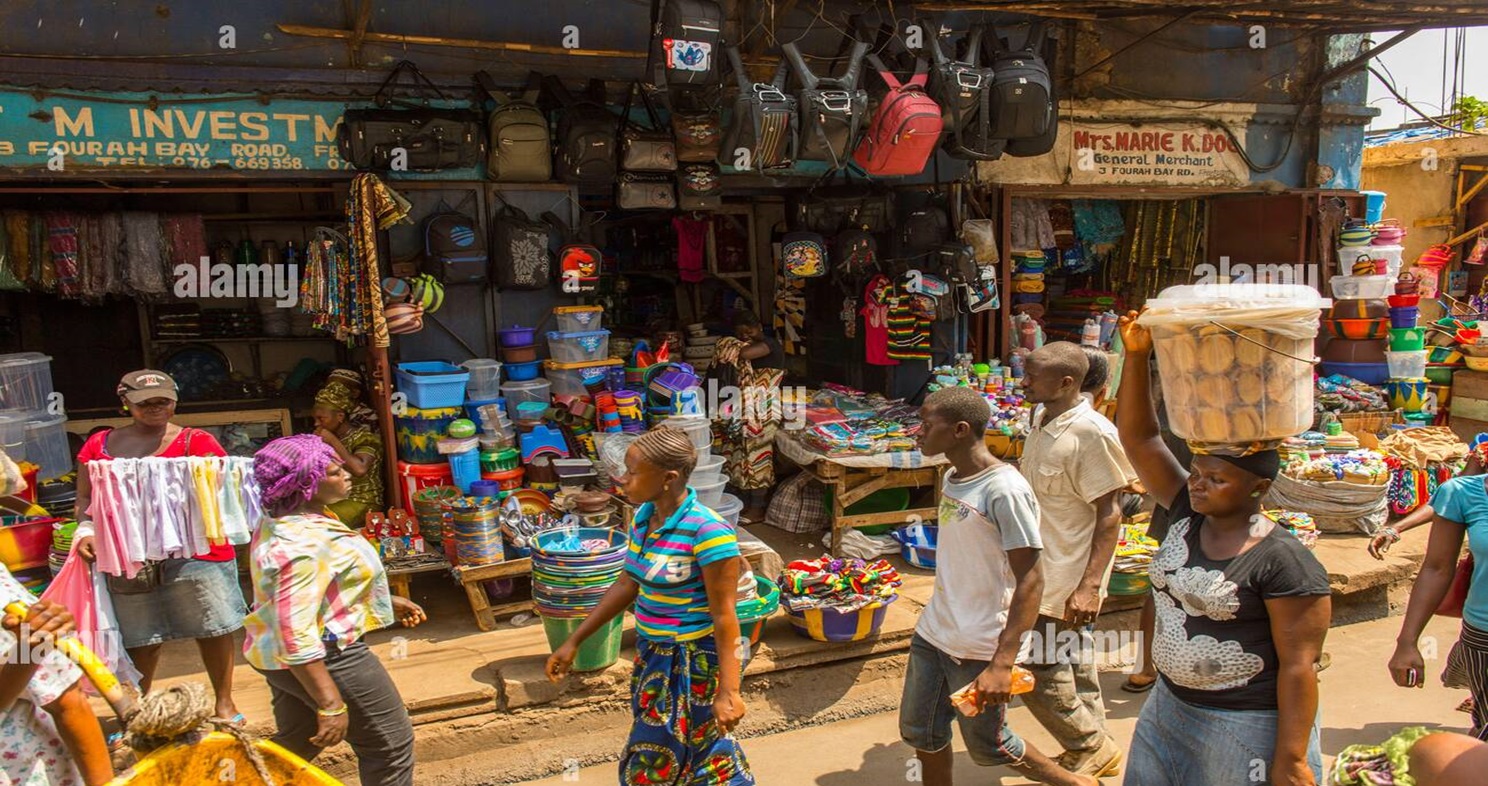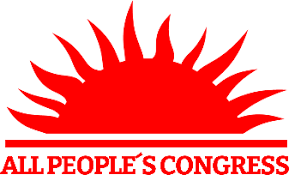By: Sulaiman Aruna Sesay
Sierra Leone is one of the poorest countries in the world, facing numerous challenges such as lack of basic infrastructures like hospitals and schools, high levels of unemployment, and poverty. One of the most concerning issues that affect the country is the prevalence of child vendors.
Child vending has become a common sight in Sierra Leone’s streets. These children, who are often between the ages of five and 17, sell various items like food, water, and household goods, among other things. They can be seen on the streets during school hours, often with unsold items in their bags, indicating that they are likely forced to forego their education to do business.
The impact of child vendors on Sierra Leone is immense, and it is essential to analyse the issue critically. The first and most significant impact is on the children themselves. Child vending often places the children at risk of hunger, malnutrition, and diseases, as they work long hours with little to no access to food, clean water, or proper healthcare.  These children are often subjected to physical and emotional abuse by their customers and even their supervisors. That said, child vending also robs these children of their right to education, hindering their potential to reach their full potential.
These children are often subjected to physical and emotional abuse by their customers and even their supervisors. That said, child vending also robs these children of their right to education, hindering their potential to reach their full potential.
Child vending can also affect the country’s economy. On the one hand, it provides small-scale businesses within the informal sector, providing a means of livelihood for these children and their families. However, child vending also has a profound effect on the country’s street traders, who are often adults that compete with the children for customers. With this happening, it becomes a threat to the country’s economic environment and the livelihoods of adult traders.
Child vending also poses a threat to the country’s social fabric. The children involved in child vending often have to work for long hours, which often leads to limited interaction with family and friends. Consequently, they may end up being socially isolated, hindering their growth in society. Additionally, child vending can also lead to a breakdown in the family structure as parents may use their children’s income to fund their own vices, instead of supporting their basic needs.
Child vending in Sierra Leone is a complex issue with far-reaching consequences. While it provides employment to impoverished families, child vending robs children of their basic needs and education. The government and other key stakeholders must develop interventions that ensure children’s rights are protected, thereby promoting their well-being. This must be paired with efforts to tackle poverty and promote economic growth for the ultimate benefit of the country’s citizens.














